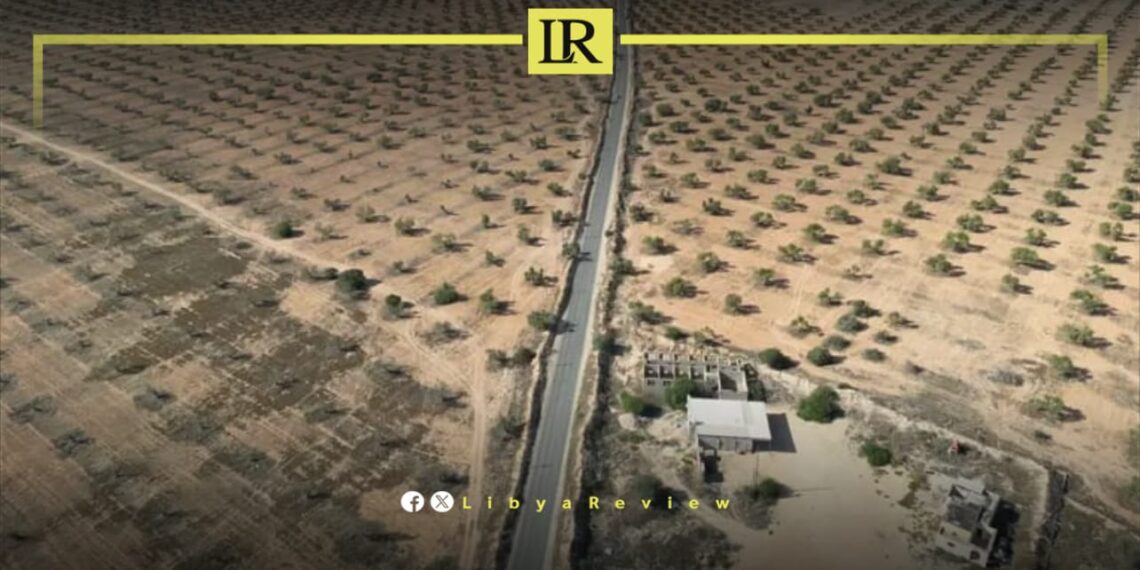The Food and Agriculture Organisation (FAO) of the United Nations has launched joint projects with Libyan authorities to bolster food security in the country. Libya has faced prolonged economic disruptions due to over 13 years of political instability.
Speaking to ERM Business, Mohamed Al-Omrani, Senior Policy Officer at FAO’s North Africa Regional Office, highlighted key initiatives such as emergency support for flood-affected livestock farmers in Derna, enhancing grain value chains and fisheries, and promoting governance strategies for climate change, water, energy, and food security.
Libyan consultancy firm Vision Consulting has collaborated with FAO to develop an effective food security strategy. Vision’s General Manager, Boubaker Al-Mabrouk Mansouri, stated that the firm identified 300,000 hectares of arable land with sufficient water resources in Libya’s southwest and southeast regions. Their research underscores the potential of green economy projects, including sustainable food production.
Libya, characterised by its desert landscape, faces significant challenges in food production due to scarce water resources, erratic rainfall, and limited arable land. Despite its vast territory of approximately 1.76 million square kilometres, these factors constrain agricultural expansion.
A study by Bani Walid University revealed that Libya’s average agricultural investment stood at LYD 281.6 million (USD 57 million) by October 2023, accounting for only 11.59% of national investments valued at LYD 2.4 billion (USD 489 million). The report criticised the insufficient investment in agriculture, which hampers the sector’s development and efficiency.
FAO’s efforts, alongside local expertise, aim to revitalise Libya’s agricultural sector and ensure long-term food security, addressing challenges that have hindered progress for decades.


